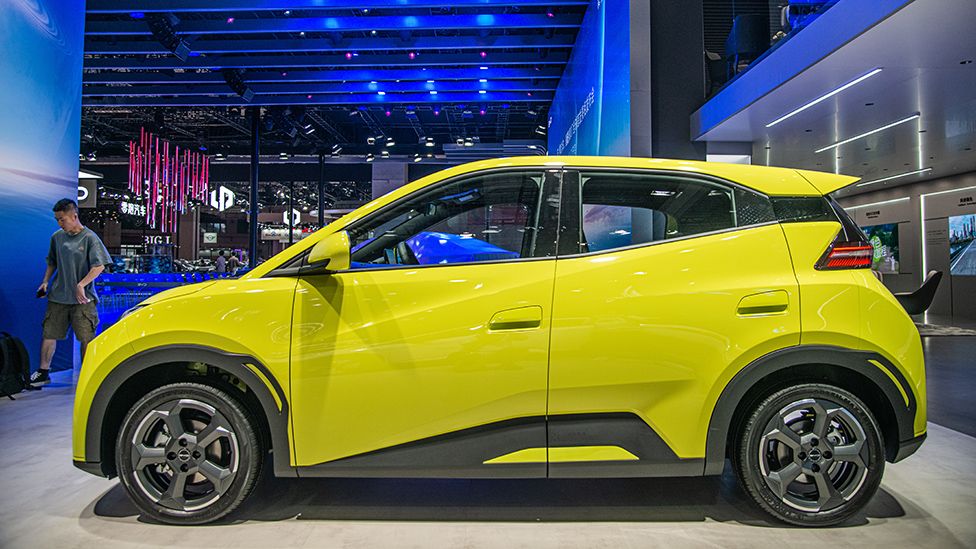For years those of us who have managed to retain a grip on reality through the increasing insanity of 21st century life have been saying that the transition to electric cars, a major part of the 'net zero' policy, was not going to happen any time soon. Electric Cars fine for a city runabout but high cost put them beyond the budget of most people and poor range, slow charging and lack of charging points makes them impractical as long distance cars.
The cheapest EV with a decent range per full charge currently on sale in the UK costs over £30,000, almost twice the price of an equivalent petrol or diesel car.
However, all he time those of us whose nature makes us sceptical of anything that is being hyped by government and the media, 'experts' have been telling us that technology is advancing all the time and electric cars were about to become a fraction of the cost they have been previously bue to new advances in design, engineering and battery manufacture. And at last, just as governments appear to be developing a bit of common sense about their rash pledges to ban the sale of conventional cars by 2030, it appears there are much cheaper electric cars in the pipeline (from China - where else?).
The talk of the Shanghai Motor Show in April wasn't some new super-duper electric sports jobbie but a super-cheap new EV called the Seagull (pictured below.) Manufactured by BYD, the Chinese battery and car behemoth, the basic Seagull claims a 190-mile range and a list price in China of 78,000 yuan (£8,400) and it looks like something a five year old might produce if you asked them to draw a car.

Image source, Getty Images
Don't get too excited though. the company currently has no plans to sell the Seagull in the UK, probably because it falls way short of our standards for roadworthyness.
The hype around the potential growth of the electric car market has sent prices of the
minerals needed to make the lithium - ion batteries that power EVs, lithium, nickel and cobalt, rocketing and China currently controls the majority of known resources of these minerals.
That makes them expensive because the Chinese are not interested in doing western car buyers any favours. So one of the limiting factors in the growth of electric car sales (apart from the comedy factor - see above,) is that production cannot increase in line with government and scientists wishful thinking until mineral supplies become more widely available. And that availability is regulated by the whim of the Chinese Communist Party
Meanwhile, the UK government has stopped offering grants to help EV buyers which will decrease sales even further on top of a recent decline as potential second hand buyers became aware that a new set of batteries will cost them more than the car is worth and potential new car buyers realised that after four years their £40K car will have no trade in value because dealers can't shit second hand EVs.
EXPLORE:
EXPLORE:
[Daily Stirrer] ... [ Our Page on on Substack ]... [Boggart Aboad] ... [ Ian Thorpe at Quora ] ... [ Greenteeth Home ] ... [ Greenteeth on Minds.com ] ... [ Here Come The Russians ] ... [ Latest Posts ] ... [ Blog Bulletin ]
